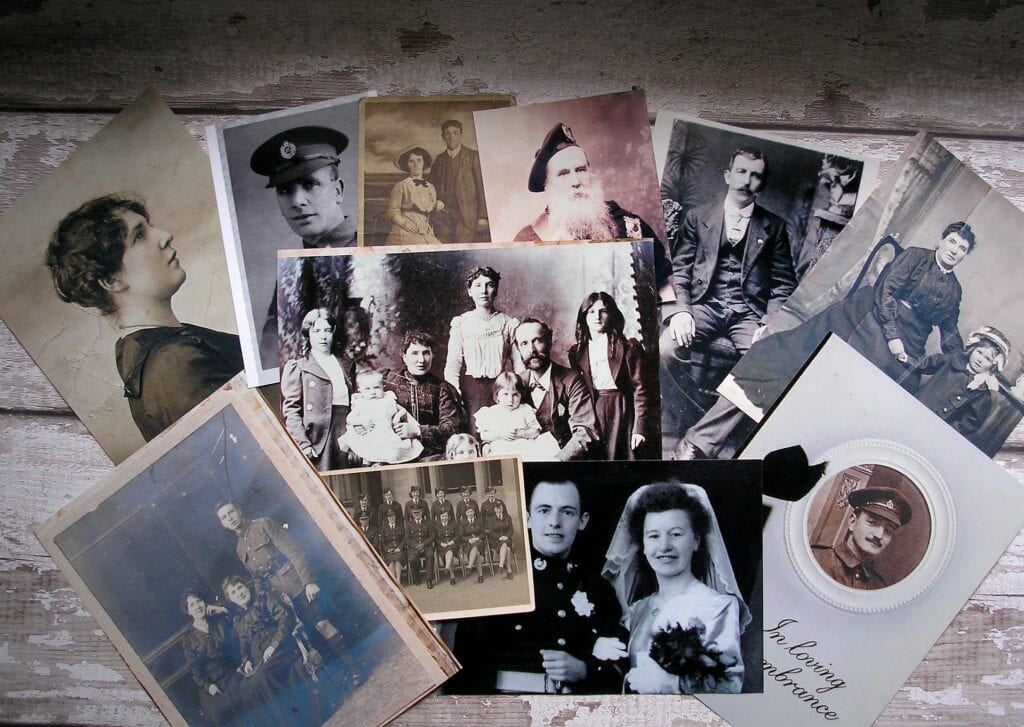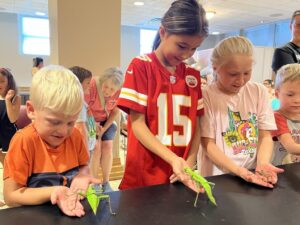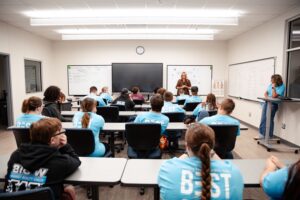Family history is one of the biggest leisure activities in the world. Millions of people use online tools and digital resources to investigate their family’s past, organize evidence, and create family trees.
For most of American history, genealogy was most popular among people of European descent. “Old” families took pride in a lineage that traced back to the Mayflower.
In the mid-20th century, generations of immigrants had assimilated and their children were disconnected from their heritage. That changed during the “culture wars” of the 1960s when Universities introduced specialized curriculums and departments that focused on distinct cultures or historically marginalized groups. For example, Columbia University only held its first class on African-American History in 1969.
Harvard started an African-American studies department the same year. In 1976, Alex Haley’s bestseller Roots explored an African-American origin story, which illustrated the deep ties to one’s ancestry.
By the 1990s, advances in digital technology and the advent of the World Wide Web meant that large collections of historical records could be stored and accessed online, thus making billions of records like census data and passenger lists accessible with a few keystrokes.
Interest is also driven by a variety of cultural phenomena such as the worldwide success of the celebrity genealogy documentary Who Do You Think You Are? (2004). Here are some numbers:
FamilySearch.org statistics: 13.9 million registered users, 7 million daily page views, and an app with over 1 million downloads.
Ancestry.com statistics: Over 3 million paying subscribers, over a billion searches monthly, and an app with over 17 million downloads.
Genealogy has become even more popular in recent years due to the proliferation of home-based DNA tests. Six million people have taken AncestryDNA tests to discover distant relatives and find their “genetic ethnic mix.”
While there are several online commercial genealogy resources, many cost hundreds of dollars per year and may be difficult to navigate.
However, you need go no further than the Sapulpa Public Library to find an abundance of resources and professional assistance.
Our local library has a staff of two skilled genealogists. Scott Mitchell and Jake White will help you in your quest to find your “roots.”
Sapulpa Times interviewed White to find out what the genealogy department at the library offers its patrons.
“We offer help with funeral records, that is one of the things we get a lot of requests for, one of the things I engage with the most since I started working here in August. We have funeral records from three funeral homes: Lewis and Landrith, Owen, and one book from Harrison.”
White said the genealogy department also has several local newspaper archives.
Additionally, library patrons have free on-site access to Ancestry.com and a program called “Family Search.” White said they were able to go back 6 or 7 generations in his family because of “how wonderful this information has been documented” in Family Search.
“One of the things we advise people to do is bring a flash drive to save the information, because once we turn these computers off… there is no permanent storage. We advise people to bring something to document what they have found, so they can store it for their own purposes.”
The genealogy department has a plethora of books containing family records from other states and an entire collection of books about Sapulpa, as well as periodicals from the Oklahoma Genealogical Society and Daughters of the American Revolution books.
“We may not have as much as other genealogical libraries, but I think we have enough that even if you are not from Oklahoma or Creek County, we have resources that can help.”
It should be noted that all books in the genealogy department are reference books and can’t be checked out.
The Sapulpa Public Library Genealogy Department is also the repository for Yuchi tribal records.








